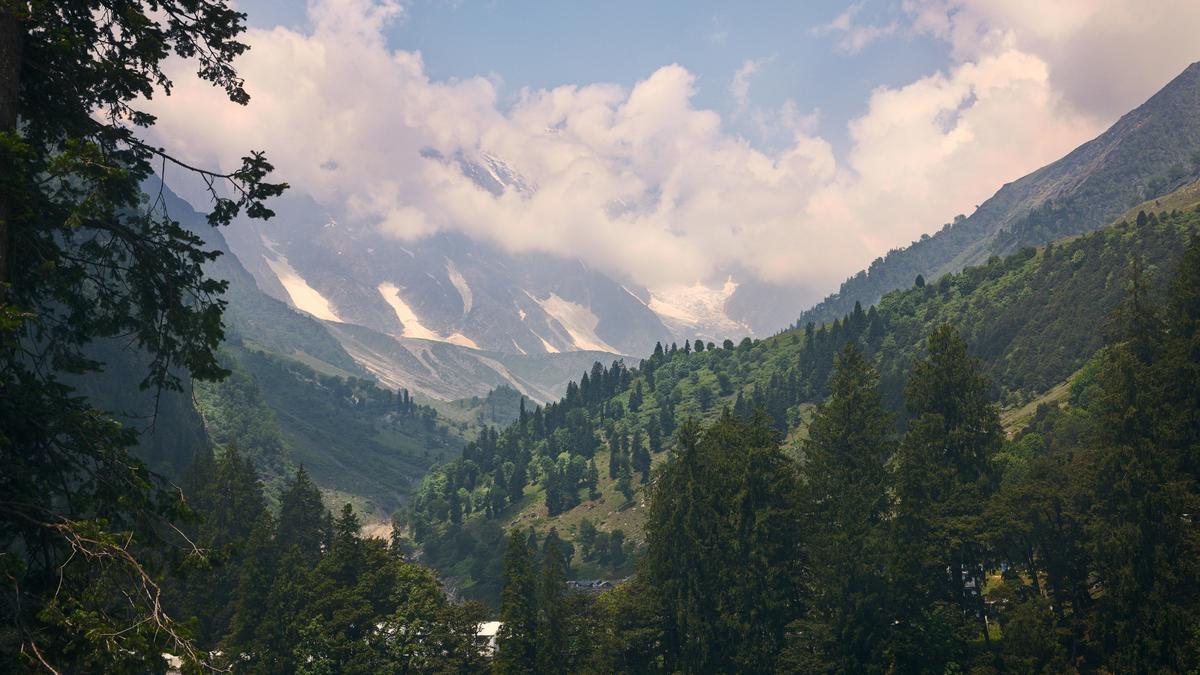Now Reading: Tourism at Malarikkal Blooms as a Sustainable Income Model for Farmers
-
01
Tourism at Malarikkal Blooms as a Sustainable Income Model for Farmers
Tourism at Malarikkal Blooms as a Sustainable Income Model for Farmers

Fast Summary
- Lasting Tourism Initiative: Malarikkal, known for its scenic water lily fields, is evolving into a model of sustainable tourism benefiting local farmers.
- Revenue Sharing Agreement: Agreements between farming committees (J-Block and Thiruvaykkari polder) spanning 1,800 acres and 850 acres respectively, along with local country boat operators, ensure tourism revenue supports field maintenance and infrastructure repair.
- Responsible Tourism Measures:
– Designated landing points coordinated by farmer committees.
– Rotational operations of country boats for equitable participation.
– Mandatory safety measures like life jackets for visitors; all boats registered and monitored for compliance.
- Traffic & Infrastructure Management:
– Visitors must park at designated parking spots near Kanjiram Palam; new fee-based private parking areas introduced.
– no commercial establishments allowed on the widened tourism road; unauthorized stalls to be removed by authorities.
– Identification standards set with uniforms for boat operators to enhance professionalism.
- Lotus Festival Management: all decisions regarding the upcoming Malarikkal Lotus Festival jointly made by grama panchayat officials,the Malarikkal Tourism Society,farmer committees.
Indian Opinion Analysis
Malarikkal’s move towards a structured sustainable tourism model highlights India’s growing focus on balancing ecological preservation with economic upliftment of rural communities. The collaborative framework-bringing together panchayat officials, farmer associations, and local operators-is significant as it ensures equitable distribution of benefits while reinforcing safety protocols. By tying revenue from eco-tourism directly to community welfare projects like embankment repair and agricultural upkeep,this initiative stands out as an example of responsible governance in grassroots development.
The decision to restrict commercial encroachments along roads reflects awareness about conserving natural beauty while promoting systematic traffic management solutions that could possibly reduce visitor overload in sensitive areas. Such standardization may serve as a blueprint for similar destinations across India aiming to combine environmental conservation with managed growth in the face of rising tourist footfall.
while promising overall benefits such as improved livelihoods and ecological resilience via community-driven guidelines, critical examination will be required during implementation phases-particularly ensuring adherence to fair operational standards among stakeholders without compromising established sustainability goals.
























